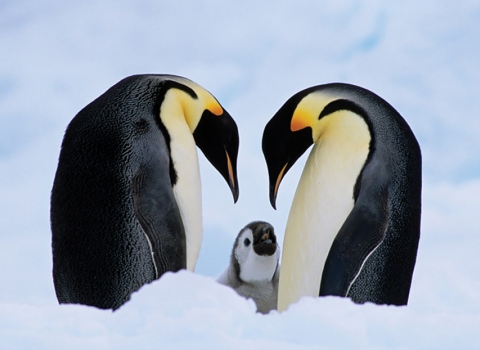WASHINGTON –The monarch butterfly, Topeka shiner and gopher tortoise are among the imperiled species that will benefit from $5.7 million in grants to 11 states through the U.S. Fish and Wildlife Service’s Competitive State Wildlife Grants program. The grants focus on large-scale conservation projects to conserve and recover species of greatest conservation need and their habitats. They will be matched by more than $2.9 million in non-federal funds from states and their partners.
In addition to offering funds to these 11 states, the Service is also awarding two grants totaling $605,771 to the Western Association of Fish and Wildlife Agencies, to be distributed to several western states and their partners for cooperative conservation projects.
“State Wildlife Grants demonstrate the Service’s commitment to conserving pollinators and other imperiled species,” said Service Director Dan Ashe. “I commend our state grantees and their conservation partners for their efforts in responding to mounting conservation challenges.”
This year, the Service encouraged state applicants to design projects to benefit pollinators, as well as other at-risk species. Successful applicants include the Hawaii Department of Land and Natural Resources, which will establish a captive propagation program for rare native invertebrates including the Kamehameha butterfly; state fish and wildlife agencies in Idaho and Washington, who will partner with the Xerces Society to map the distribution and relative abundance of milkweed and the monarch butterflies that depend on it in order to help assess and reduce threats to both species; and Ohio and Michigan state fish and wildlife agencies, that will restore oak savannah to benefit the federally-endangered Karner blue butterfly.
State Wildlife Grant-funded projects are identified in State Wildlife Action Plans. These plans assess the health of each state’s wildlife and habitats, identify the problems they face and outline the actions needed to conserve them over the long term.
“We appreciate the strong ties formed by state agencies and their partners to protect these imperiled wildlife species and their habitats,” said Hannibal Bolton, the Service’s Assistant Director for Wildlife and Sport Fish Restoration. “The State Wildlife Grants program is a catalyst for collaborative conservation, and we look forward to continued partnership success for the future of America’s wildlife.”
Click here for a complete list of 2015 SWG projects. Click here for more information on the State Wildlife Grant program.



